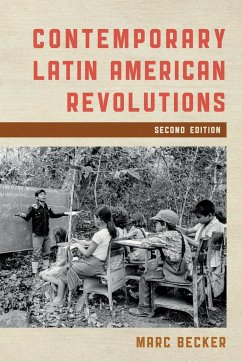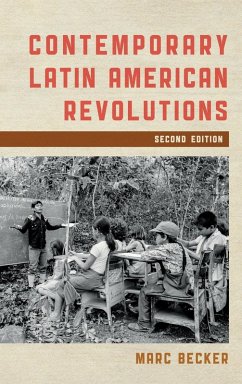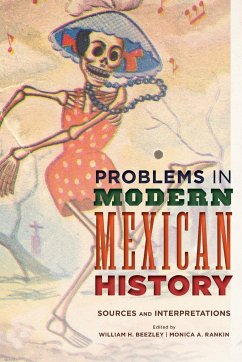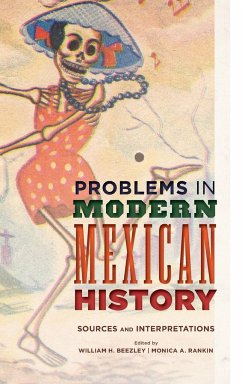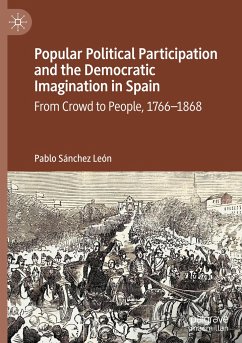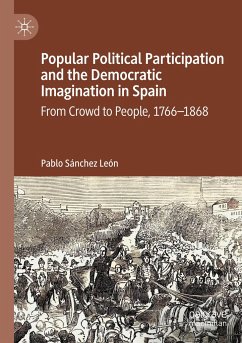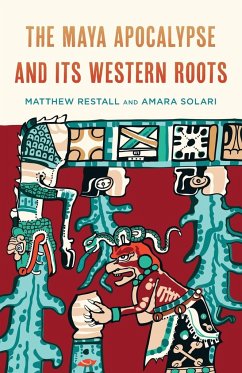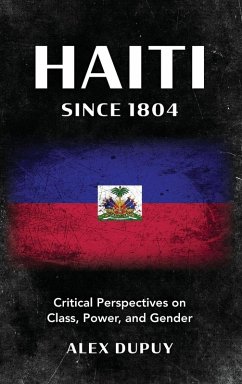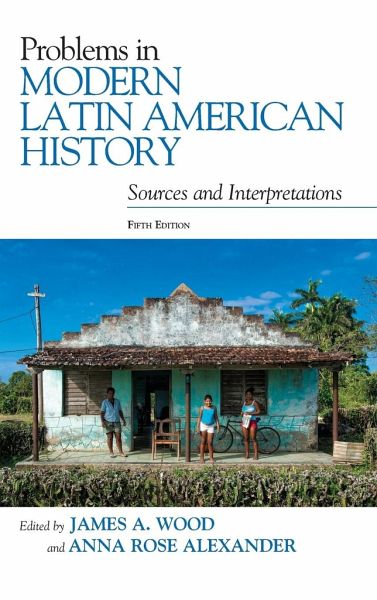
Problems in Modern Latin American History
Sources and Interpretations
Herausgeber: Wood, James A.; Alexander, Anna Rose
Versandkostenfrei!
Versandfertig in 1-2 Wochen
130,99 €
inkl. MwSt.
Weitere Ausgaben:

PAYBACK Punkte
65 °P sammeln!
Now in its fifth edition, this leading reader has been updated to make it even more relevant to the study of contemporary Latin America. With its innovative combination of primary and secondary sources and editorial analysis, this text is designed to stimulate critical thinking in a range of courses on Latin American history since independence.






